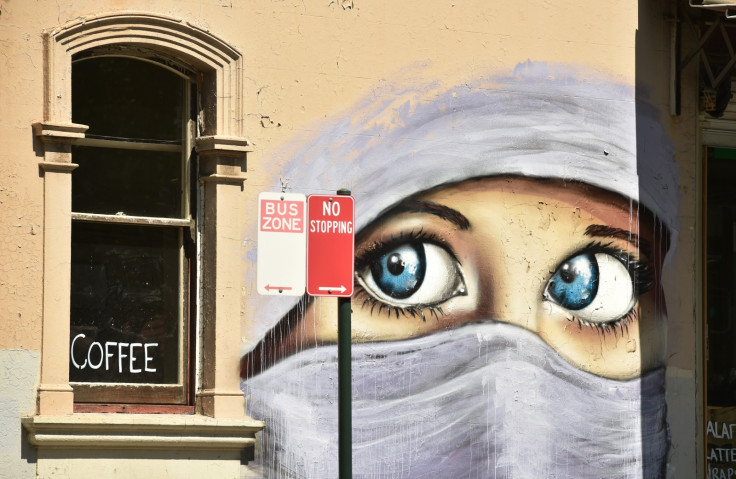Australian Parliament Burqa Ban: Tony Abbott set for Prompt U-Turn

The Australian government was poised to scrap a controversial regulation requiring parliament visitors who wear face veils to sit behind glass in a separated enclosure just hours after it was approved, amid accusations of religious discrimination.
Prime Minister Tony Abbott was reportedly to ask the heads of the House of Representatives and the Senate to reconsider the new counter-terrorism security measure.
ABC and Fairfax Media reported that the conservative leader decided on the embarrassing U-turn after the measure sparked outrage from opposition lawmakers and rights activists.
The backtracking came hours after the government department that runs Parliament House announced that "persons with facial coverings" were no longer allowed to sit amid the general public.
They were instead re-directed to higher, sound-proof, sealed galleries usually reserved for noisy school groups, from where they would not be audible or visible to lawmakers.
"This will ensure that persons with facial coverings can continue to enter the chamber galleries without needing to be identifiable," the Department of Parliamentary Services said.
Before the measure was announced, Abbott had described the full-length burqa as "a fairly confronting form of attire," adding he wished "it was not worn."
Some lawmakers condemned the measure as discriminatory against Muslim women.
"This decision gives a signal to the whole country that it's OK to treat Muslim women as second-class citizens and it is not. It's wrong," said Sen. Christine Milne, leader of the minor Greens party.
Australia's Human Rights commissioner Tim Wilson condemned it as "unjustifiable".
"Wearing religious head coverings is a form of free expression, and treating people as different in the public square is utterly inconsistent with liberal democracy," he was quoted as saying by The Australian.
"Freedom means freedom for everyone, when government or the parliament treats people differently for trivial and irrelevant reasons on the basis of their clothing it undermines equality before the law".
The controversy comes as the government has launched a crackdown on home-grown Islamist radicals.
Australia stepped up its terror warning to the second-highest level last month and tightened security at the parliament after security agencies said extremists had recently identified the building as a potential target for terrorist attack.
© Copyright IBTimes 2025. All rights reserved.






















